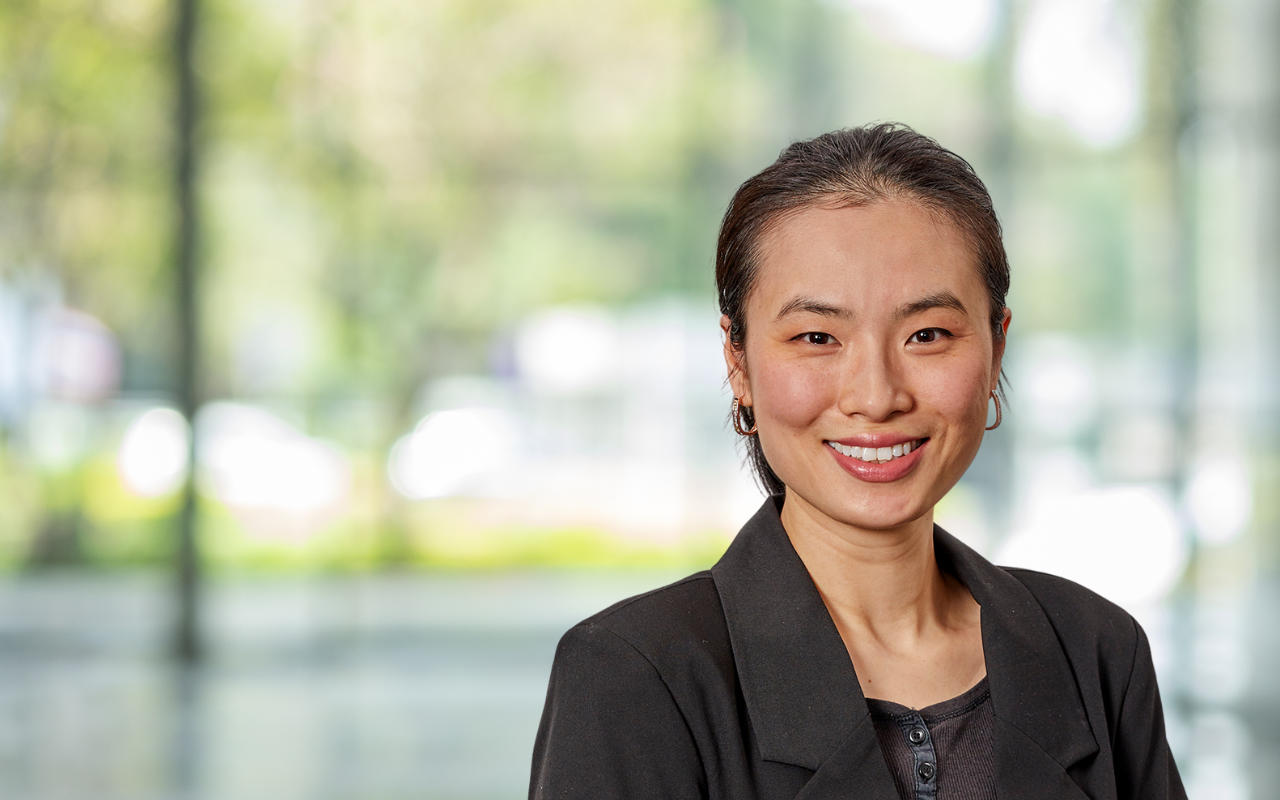Social media is a public publication platform. Doctors who confuse familiarity with privacy, do so at their peril, writes Dr Maria Li.
In 2025, more doctors than ever are using social media to educate, advocate and connect.
It’s a powerful tool, but not one without risk. Social media is a public stage, and like any regulated profession, doctors are accountable for how they show up on it.
There’s no rulebook stipulating that doctors must use social media a certain way. Many of our colleagues successfully use these platforms in ways that align with their unique voice and personality.
But there is a catch: if a doctor’s online content or conduct is found to not meet certain professional standards, there are real consequences such as reputational damage and potential regulatory scrutiny.
That’s why understanding not just the rules, but the principles behind them, is essential for every doctor with a social media presence.
About this series
This is the first in a series of articles exploring the dos and don’ts of social media use for doctors.
Future articles will unpack the details — endorsements and testimonials, patient representations, confidentiality, engaging with the public, and more. But first, let’s step back to spotlight the overarching principle that underpins it all: the rationale behind the rules and the mindset doctors should bring to their social media.
This article is intentionally broad and conceptual. We’ll cover the specifics in future instalments — but for now, let’s lay down the foundation.

Case study – Liam*
Liam was a subspecialty registrar who built a sizeable social media following.
He started out posting general health tips, but soon realised what drew people in were his strong personal opinions and his unfiltered sense of humour.
So, he leaned in. His posts became more personal and candid — sharing his negative experiences with medications and some vaccines, and his blunt and often humorous takes on the health system. His followers loved it.
But not everyone did.
Complaints started coming in, both to his employer and Ahpra. Some flagged his unprofessional tone. Others accused him of spreading health misinformation. The Therapeutic Goods Administration (TGA) caught wind of his testimonials on therapeutic goods.
Under scrutiny, Liam shut down his accounts. His career, once enhanced by his online presence, was now overshadowed by it.
The misconception of informality
Social media feels casual and personal. Your followers feel like your tribe. The algorithm serves you people who support you. It’s easy to forget you’re not just chatting to friends.
However, platforms like Instagram, Facebook, LinkedIn, and TikTok aren’t private domains. Unlike a tearoom conversation, social media is public, permanent, searchable, and shareable. A comment made in jest, frustration, or vulnerability can be screen-captured, shared, and interpreted in ways you didn’t expect. What you say can — and often does — travel far beyond your intended audience.
When you post on socials, you’re publishing.
What the regulator says
Ahpra’s Social Media Guidelines are clear: the standards expected of doctors in face-to-face professional interactions also apply online.
That means your social media presence is held to the same expectations as your conduct in work settings. If you wouldn’t write it in a letter to the editor, don’t write it in a comment on Instagram. If you wouldn’t say it in a television interview, don’t put it in a TikTok.
What if I don’t tell people I’m a doctor?
It doesn’t matter. In the age of Google, LinkedIn, and online provider directories, it’s not hard to figure out who someone is and where they work. Whether or not you declare your profession, you’ll still be seen — and judged — as a doctor.
Real consequences
This isn’t just theory.
In one high profile case, a Victorian GP lost his registration after posting content that was critical of vaccines, minorities, the LGBTQI+ community, and other health professionals. His conduct was deemed below acceptable professional standards for a medical practitioner.
No need to log off
If at this point you’re thinking about deleting all your accounts and going silent on socials — there is no need.
Doctors have a valuable role in online conversations. Social media is a powerful tool for health promotion, advocacy and connection — so much so that the World Health Organization has created a global taskforce of health care influencers to spread credible, evidence-based messaging. But with that visibility comes risk, and we must approach our online presence as carefully as we would any public statement.
Applying caution
If you’re unsure whether something is appropriate to post:
- run it by a colleague;
- call your medical defence organisation;
- re-read Ahpra’s guidance; and
- and if you’re still unsure — don’t post.
Final thoughts
Social media might feel informal, but it’s a megaphone with a permanent record and a wide audience.
Before you post, comment, or share, pause and ask yourself:
Would I be comfortable seeing this on the front page of a newspaper, with my name and photo next to it?
Because at the end of the day, social media is media — and as doctors we forget that at our peril.
Stay tuned for more articles in this series exploring the dos and don’ts of social media use for doctors.
*Liam is a fictional character, based on real examples of online behaviour.
Dr Maria Li is a general practitioner, a member of the World Health Organization’s Fides network of social media health care influencers, and the host and producer of The Safe Practice Podcast.
The statements or opinions expressed in this article reflect the views of the authors and do not necessarily represent the official policy of the AMA, the MJA or InSight+ unless so stated.
Subscribe to the free InSight+ weekly newsletter here. It is available to all readers, not just registered medical practitioners.
If you would like to submit an article for consideration, send a Word version to mjainsight-editor@ampco.com.au.

 more_vert
more_vert
What of chat groups by health teams? From a personal or work issued device? What of privacy concerns for the patient? What of privacy concerns for the patient? These chats have the potential for bias, prejudice, workplace bullying and exclusion for both the patient and team members. How are these conversations and sharing administered or governed but the institution?